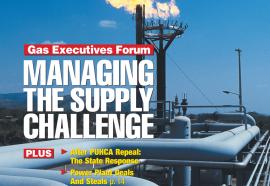An Inconvenient Fact
Why the standard market design refuses to die.
Hold on to your hats. The vaunted and vilified “standard market design”, once thought dead and buried, has been resuscitated, with all attendant chaos and rhetoric, but this time in the guise of a new proposal under the code name “open dispatch.” This new construct, as remarkable in its way as Einstein’s theory of indeterminate space and time, declares that electric transmission, long seen as one of a triumvirate of unique and essential utility industry sectors (along with generation and distribution), is little more than a mirage.






